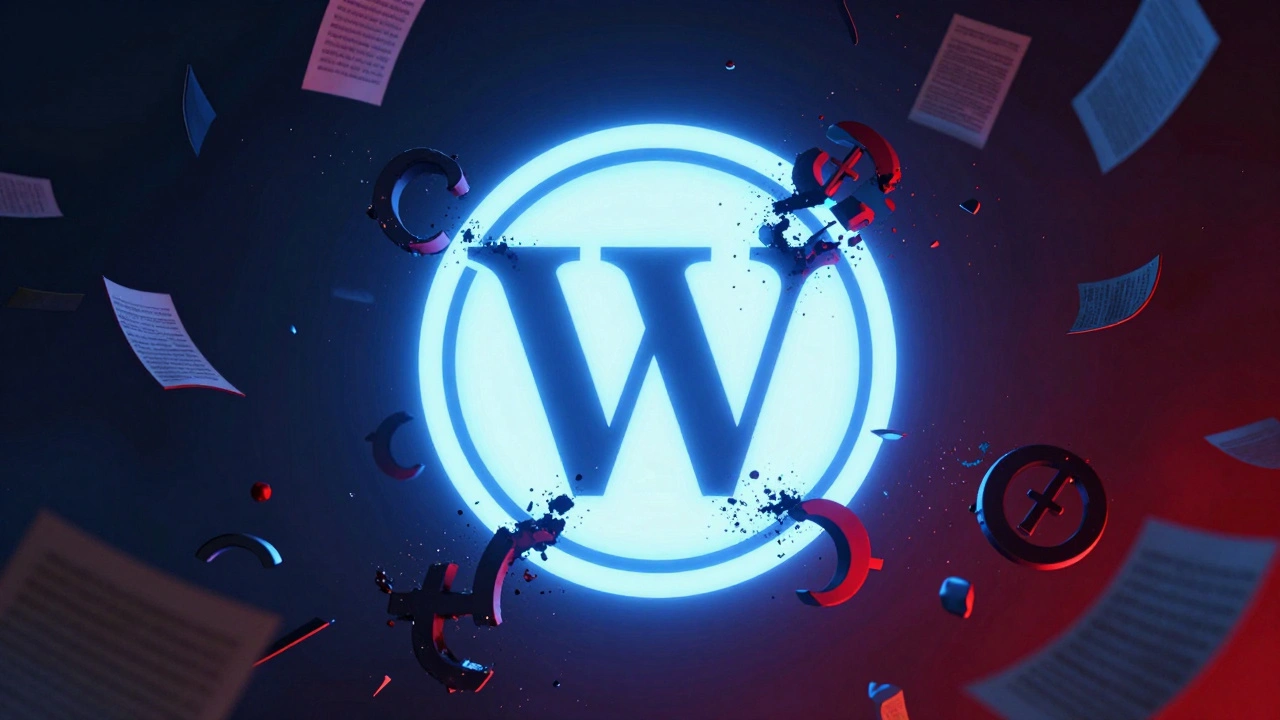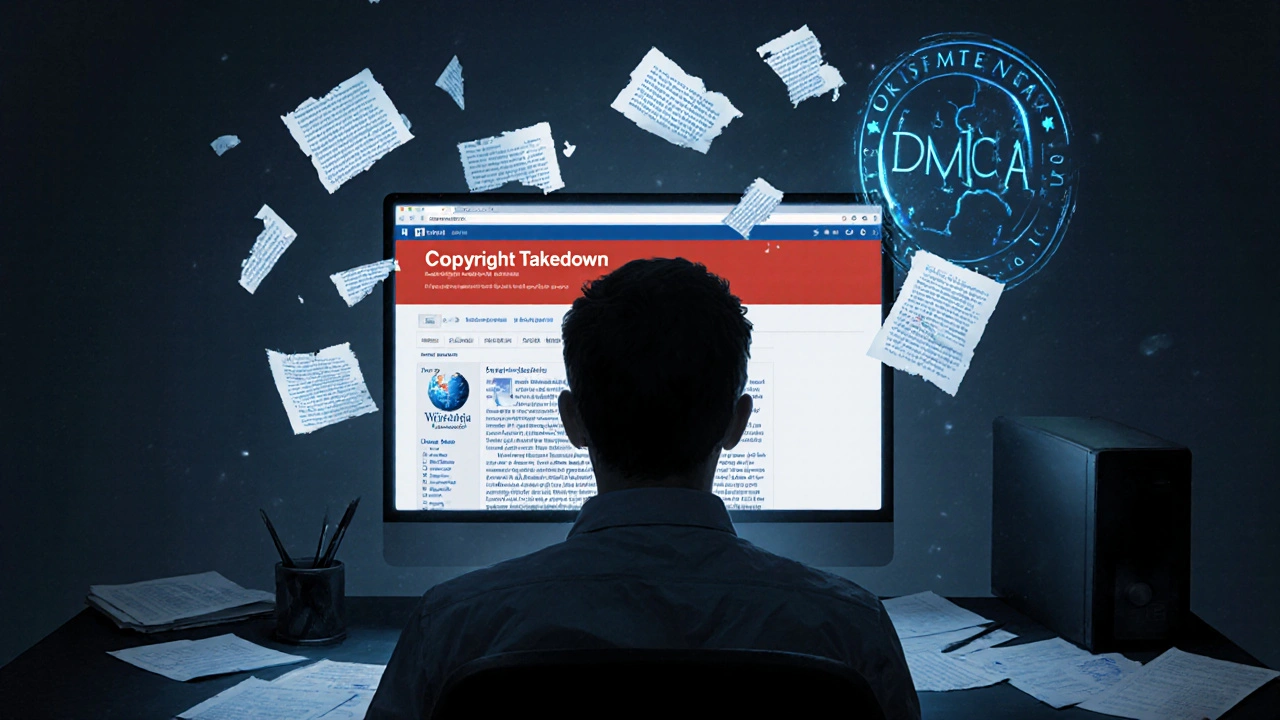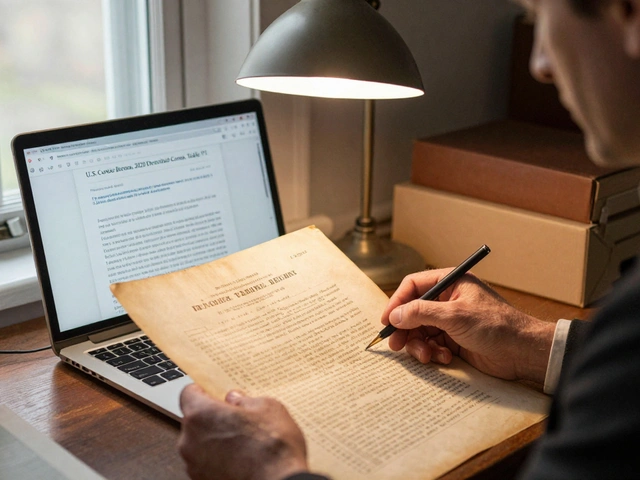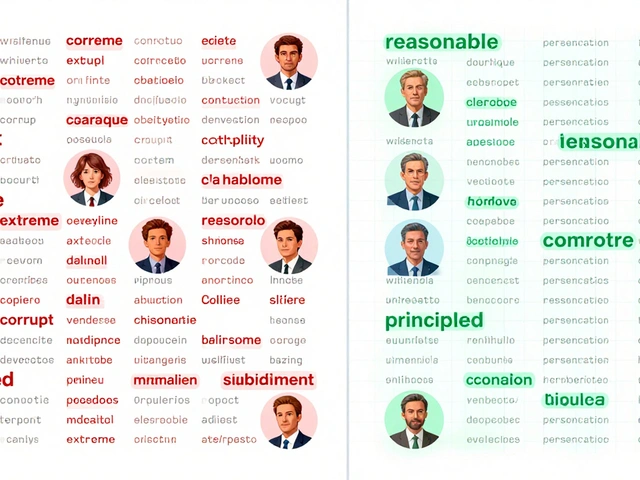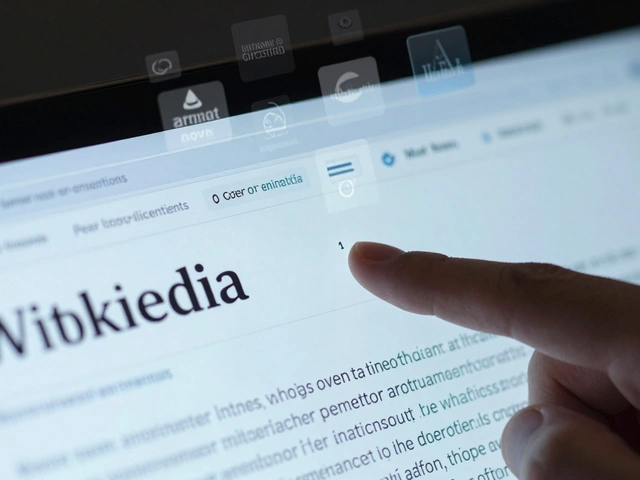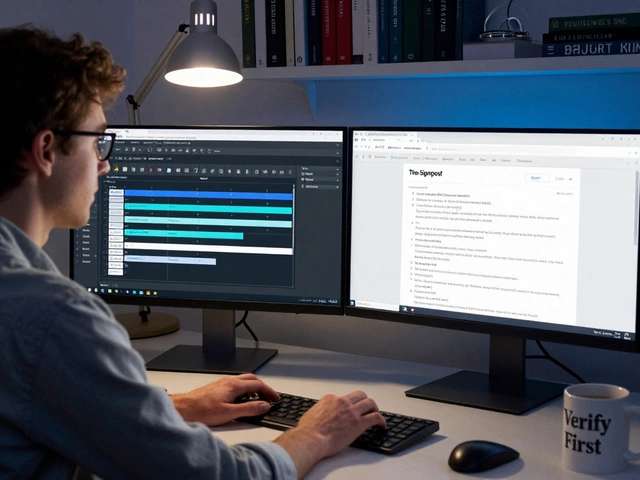Wikipedia content policy: Rules that keep the encyclopedia reliable
When you read a Wikipedia article, you’re seeing the result of decades of community-driven rules—collectively called Wikipedia content policy, a set of mandatory rules that govern what can be added, how it’s sourced, and how conflicting views are balanced. Also known as Wikipedia policies, it’s not a suggestion list—it’s the operating system of the world’s largest encyclopedia. Unlike commercial sites that chase clicks, Wikipedia’s content policy demands neutrality, verifiability, and no original research. If it doesn’t meet these standards, it gets removed—no matter how popular or emotionally compelling it might be.
This system relies on three core pillars: Wikipedia guidelines, advice that helps editors apply policies consistently, reliable sources, the only acceptable evidence for claims, and due weight, the rule that ensures articles reflect the real balance of evidence, not just loud voices or minority opinions. These aren’t abstract ideas—they’re enforced daily by thousands of volunteers who revert edits, flag disputes, and debate wording in talk pages. A single article about climate change or a local politician might have dozens of edits challenged under these rules before it’s approved. The policy doesn’t care if you’re right—it cares if you can prove it with a published, credible source.
That’s why Wikipedia stays ahead of AI encyclopedias. Machines can spit out fast answers, but they can’t judge whether a source is trustworthy or if a viewpoint is being misrepresented. Wikipedia’s content policy forces transparency: every claim must link to a source, every edit must be explainable, and every dispute must be resolved through discussion—not algorithms. You’ll find posts here that show how these rules play out in real time—from fixing systemic bias in coverage of Indigenous communities to clearing a backlog of 12,000 articles stuck in copy editing. You’ll see how volunteers use watchlists to catch vandalism, how journalists rely on Wikipedia’s citations to find real evidence, and how the Foundation’s tech team builds infrastructure that supports this entire system without ads or paywalls.
What you won’t find here are vague opinions or guesswork. Every article below is grounded in how the policy actually works—whether it’s about licensing, sourcing, consensus-building, or handling harassment that spills over from the site. These aren’t theoretical debates. They’re the daily work of keeping knowledge open, accurate, and fair. If you’ve ever wondered why Wikipedia works at all, or why your edit got reverted, the answers are in these posts.
Copyright Violations and Deleted Content on Wikipedia
Wikipedia deletes content when it violates copyright laws-even if the editor didn't mean to break the rules. Learn how copied text gets removed, why it matters, and how to contribute without losing your work.
Copyright Takedown Requests on Wikipedia: Trends and Issues
Wikipedia removes thousands of copyright claims each year, often erasing valuable content. Learn how takedown requests work, who files them, and why knowledge is disappearing from the world’s largest encyclopedia.
